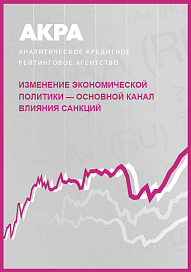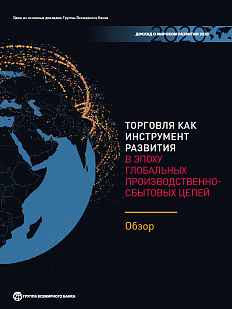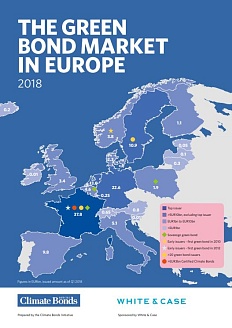Western sanctions affected 2021% of Russian GDP. Restrictions were imposed mainly against large state-owned banks (54% of banking sector assets), oil and gas companies (95% of the total revenues of the oil and gas industry), and almost entire defense industry.
The sanctions had little effect on the financial performance of companies and banks. In 20142016, the average profitability in the banking sector on the whole decreased by 0.8 p.p., but this was caused by the financial crisis rather than the sanctions. The average profitability in the oil and gas sector fell by 1.6 p.p., which was also caused not by sanctions but by the tax maneuver. Sanctions affected the debt structure and borrowing geography of sanctioned companies and banks: for example, the declining share of Western investors drove the share of Asia. The sanctions of April 2018 caused the utmost surge of instability in the Russian financial sector but were absorbed faster than others.
.png)
At the same time, ACRA points to the considerable effect of Western sanctions on the economic policy of Russia. Countersanctions drove prices up and pushed personal incomes down by 23 p.p. in 20142018. The negative effect of declining incomes on the economic growth was not compensated by a positive effect on the part of growing production in the agro-industry. Additional expenses necessary to rebuild the data storage infrastructure may lead to higher leverage of telecommunication operators.
Sanctions are not a key constraining factor for the economy growth in the mid-term. The economic growth rate in Russia is limited by the waning labor force; therefore, even in case the sanctions are lifted, the economic growth in the medium term is unlikely to exceed 1.5% (as projected by ACRA for 20172018). The long-term economic effect of sanctions is more tangible due to the deterioration of the investment climate in the country and a slowdown in the development of offshore projects, which will affect the oil production volumes after 2020.
Russias international reserves cover the entire corporate debt susceptible to stricter sanctions. This drives the immunity against potential negative effects of a possible strengthening of financial sanctions against Russian companies.
.png)






